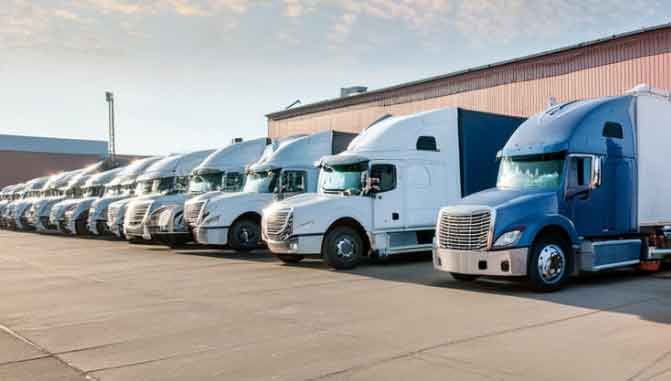TLI University: Section 7 (Collect Bill of Lading)

Section 7 (Collect Bill of Lading)

A bill of lading is a document that serves as a contract between a shipper and a carrier for the transportation of goods. It outlines the terms and conditions of the shipment, including the type of goods being shipped, the origin and destination of the shipment, and any special instructions or requirements.
In a collect shipment, the shipper is not responsible for paying the freight charges. Instead, the carrier will bill the consignee (the person or company receiving the goods) for the charges. This can be a convenient option for shippers who do not want to pay the freight charges upfront or who want to pass the cost on to the consignee.
Section 7 on a bill of lading helps protect the shipper from being liable for freight charges if the consignee does not make payment upon delivery on collect terms. If the shipment is marked collect and the shipper signs Section 7, then the carrier can not go back to the shipper for payment.
An "LTL Collect Bill of Lading" refers to a specific type of bill of lading used in shipping and logistics, particularly in the context of Less-Than-Truckload (LTL) shipments.
Here's a breakdown of the terms:
- LTL (Less-Than-Truckload): LTL shipping is a method of transporting relatively small freight shipments that don't require the use of an entire truck trailer. Instead, multiple LTL shipments from different shippers are consolidated into a single truckload. This helps optimize space and reduce shipping costs for each individual shipper.
- Bill of Lading (BOL): A bill of lading is a legal document issued by a carrier (such as a trucking company) to acknowledge the receipt of goods for shipment. It serves as both a receipt and a contract for the transportation of goods. The bill of lading provides detailed information about the goods being shipped, their destination, the terms of transportation, and more.
- Collect Bill of Lading: A "collect" bill of lading indicates that the freight charges associated with the shipment are to be collected from the consignee (the recipient of the goods) upon delivery. In other words, the carrier will not receive payment from the shipper (the sender) for the shipping costs. Instead, the carrier will collect the payment directly from the consignee before delivering the goods.
In the context of an LTL collect bill of lading, this means that the shipment is a less-than-truckload shipment, and the carrier will collect the shipping charges from the consignee at the destination before releasing the goods. This is a common practice in shipping and logistics to ensure that the carrier is compensated for their services, and it can help shippers who might not have an established account with the carrier or who want the consignee to bear the shipping costs.
It's worth noting that the specific terms and conditions associated with an LTL collect bill of lading can vary depending on the carrier, the shipper, and any negotiated agreements. Always review the bill of lading and associated documentation carefully to understand the payment and shipping terms for your particular shipment.
Summary
In summary, Section 7 is utilized to help protect a shipper on collect shipments. A collect shipment is a type of shipment where the consignee, rather than the shipper, is responsible for paying the freight charges. It's important to ensure that you understand your obligations and the terms of the shipment, and sign it as a shipper in the event of a collect shipment.
TLI Insights
Get the latest logistics insights and tips from TLI's award-winning team. Stay ahead in transportation planning.
Questions? Email us at marketing@shiptli.com



